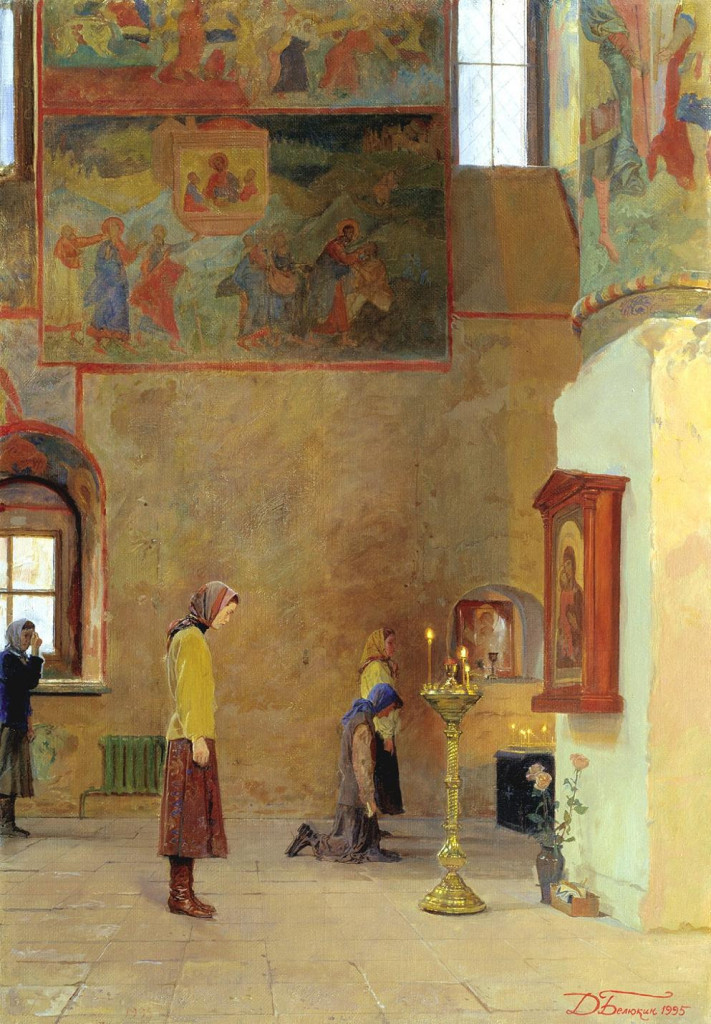The Beginning of Wisdom
The Lenten Readings from Proverbs
Lent V Friday – Proverbs 17:17 – 18:5
Listen to an audio podcast of this post at https://www.spreaker.com/episode/friday-of-the-fifth-week-of-great-lent–59550361
My son: 17 Have thou a friend for every time, and let brethren be useful in distress; for on this account are they born. 18 A foolish man applauds and rejoices over himself, as he also that becomes surety would make himself responsible for his own friends. 19 A lover of sin rejoices in strifes; 20 and the hard-hearted man comes not in for good. A man of a changeful tongue will fall into mischiefs; 21 and the heart of a fool is grief to its possessor. A father rejoices not over an uninstructed son; but a wise son gladdens his mother. 22 A glad heart promotes health; but the bones of a sorrowful man dry up. 23 The ways of a man who unjustly receives gifts in his bosom do not prosper; and an ungodly man perverts the ways of righteousness. 24 The countenance of a wise man is sensible; but the eyes of a fool go to the ends of the earth. 25 A foolish son is a cause of anger to his father, and grief to her that bore him. 26 It is not right to punish a righteous man, nor is it holy to plot against righteous princes. 27 He that forbears to utter a hard word is discreet, and a patient man is wise. 28 Wisdom shall be imputed to a fool who asks after wisdom: and he who holds his peace shall seem to be sensible. 18:1 A man who wishes to separate from friends seeks excuses; but at all times he will be liable to reproach. 2 A senseless man feels no need of wisdom, for he is rather led by folly. 3 When an ungodly man comes into a depth of evils, he despises them; but dishonour and reproach come upon him. 4 A word in the heart of a man is a deep water, and a river and fountain of life spring forth. 5 It is not good to accept the person of the ungodly, nor is it holy to pervert justice in judgment.
The fear of the Lord, which is the beginning of wisdom, should inspire in us simultaneously both a desire to practice silence more strictly, in order to bring our restless minds under greater control, and a corresponding desire to seek that true wisdom and knowledge that God alone can give, and which He does give to the man who humbles himself, acknowledging himself to be indeed that “fool who seeks after wisdom” spoken of in verse 28. Here is what Abba Daniel says about this verse in the Fourth Conference of St. John Cassian:
It belongs to the understanding to discern the distinctions and the drift of questions; and it is a main part of knowledge to understand how ignorant you are. Wherefore it is said that “if a fool asks questions, it will be accounted wisdom,” because, although one who asks questions is ignorant of the answer to the question raised, yet as he wisely asks, and learns what he does not know, this very fact will be counted as wisdom in him, because he wisely discovers what he was ignorant of. – St. John Cassian, Conference Four, of Abba Daniel
These words should greatly encourage us, for, though we possess so little of actual divine wisdom in ourselves, we can be accounted wise in a single moment when we acknowledge the poverty of our understanding and ask those wiser than ourselves to enlighten us. One might say that the entire course of spiritual life consists of a gradual revelation of just how ignorant we really are, and how wise is God alone. It is often forgotten that intellectual vice is vice indeed: God will hold men accountable at the Judgment for the wisdom which in their pride they did not seek, accounting themselves already wise. We can easily become like such men, if at some point we imagine that we have studied enough and understood enough, and no therefore no longer need to imbibe daily the Holy Scriptures and teachings of the Church, and to seek greater knowledge, prudence, and discernment in silence and in prayer.
Among the divine graces we seek during the closing days of this Great Lent, therefore, let us beg the Lord with pain of heart, “O Lord enlighten my darkness!” The Giver of all good gifts desires to fill us with His divine knowledge as far as we can bear it; He desires this for us infinitely more than we desire it for ourselves. That is really good news.

